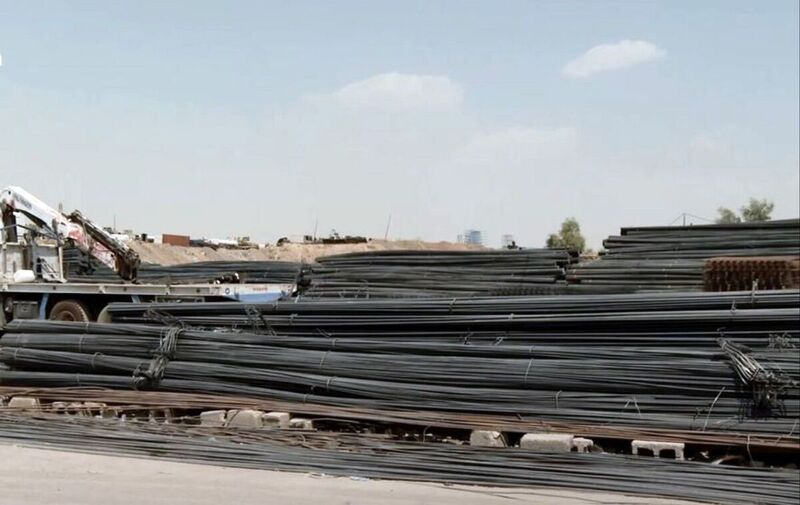Basic industrial factories are one of the main principles that lead to building a strong region or country.
The rebar factory in the Southern part of Kurdistan is one of the industries that has become satisfactory in most of the areas that require rebar due to the continuous demand and improved quality of manufacturing.
Rebar production is increasing every day, which has led to the establishment of more rebar factories in Kurdistan.
The number of factories in Kurdistan reaches 11, which are capable of producing more than 1 million 848 thousand tons of rebar annually.
The Kurdistan Region needs 1600 tons of rebar daily. Rebar production in Kurdistan meets domestic demand and 50% of Iraq's demand.
This means that Kurdistan's factories export about 75% to 80% of their products to the Iraqi market, which is used in most fields, especially construction.
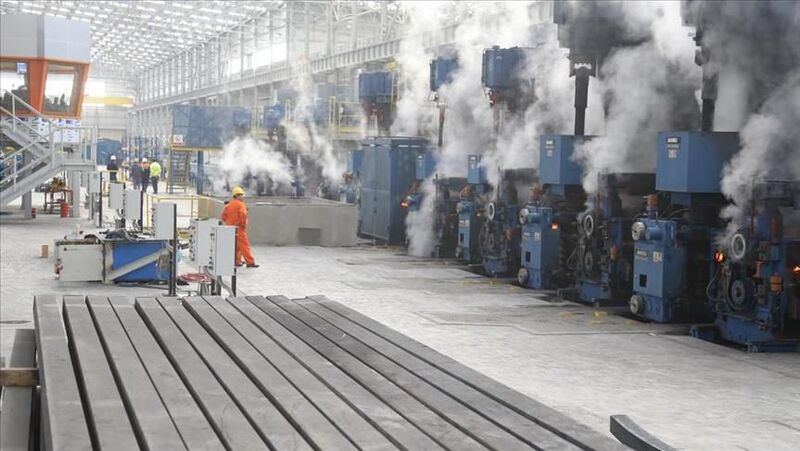
Distribution of iron smelters in Kurdistan provinces:
1- Erbil 14 factories.
2- Sulaimani 5 factories.
3- Duhok 5 factories.
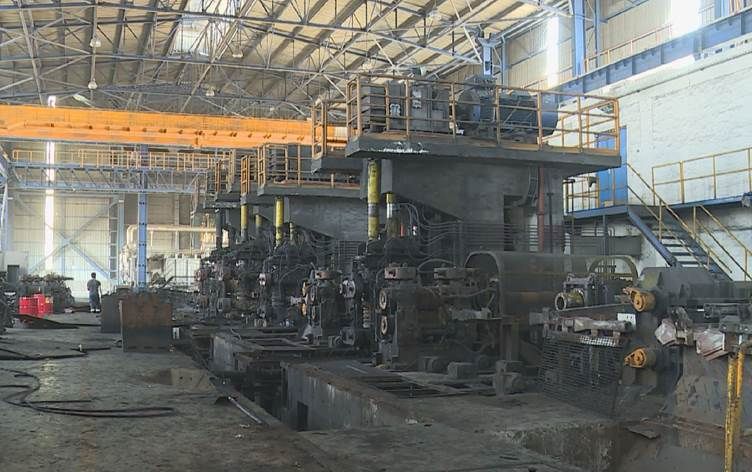
Mas Rebar Factory, which has an international ISO certificate and now the demand for rebar in this factory is constantly increasing at domestic and abroad, is one of the largest rebar production factories not only in the Kurdistan Region but also in the Middle East.
The Hind Steel Iron factory in Erbil has an annual capacity of smelting 1.2 million tons of scrap and producing 400,000 tons of rebar.
Most rebar factories in Kurdistan rely on scrap iron for 88% and other components in the remaining 12%, which improves the quality of the rebar.
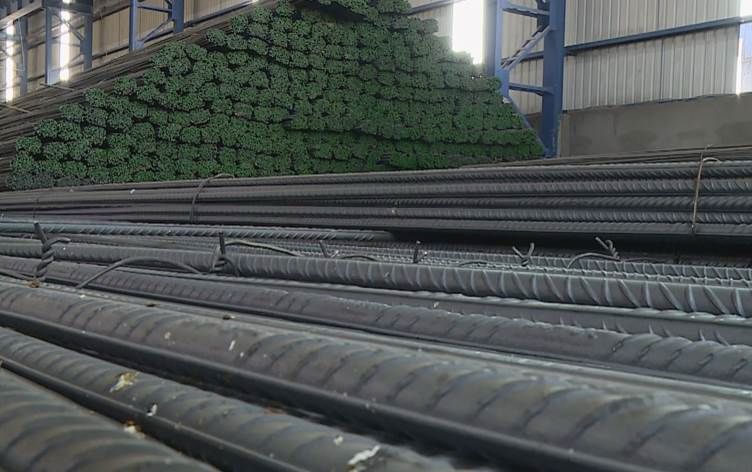
The Kurdistan Regional Government (KRG) is building a rebar factory in Erbil, which will be able to meet the domestic needs of the Kurdistan Region and Iraq and will produce 700,000 tons of rebar per year.
The Kurdistan Regional Government (KRG) has imposed a tax on imported rebar of $30 per ton. Imported rebar has gone up from $580 to $610. However, domestic rebar costs about $675 a ton. To protect domestic production, the Investment Board intends to ban the import of Iran and Turkey's rebar to the Kurdistan Region. In this way, Kurdistan's revenue will not go abroad for imports but can be used domestically to develop the industrial sector further.
Rebar factories in the Kurdistan Region produce 8 mm to 32 mm rebar with local iron and have created thousands of direct and indirect jobs for citizens.
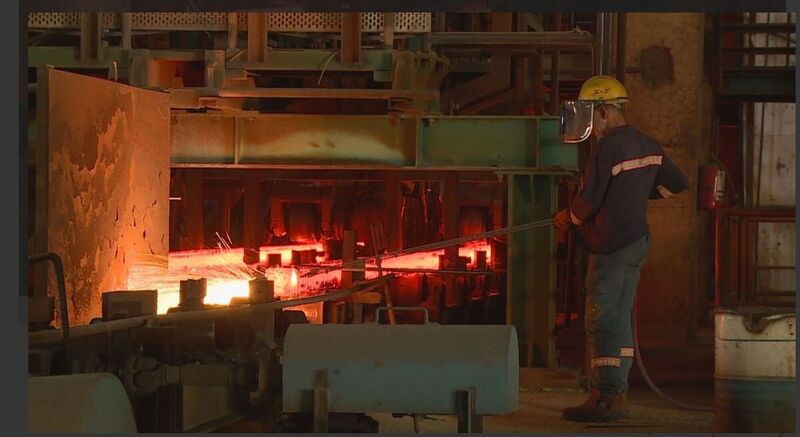
How to make rebar in Kurdistan
Iron smelting is carried out at an appropriate temperature between 1650-1700°C. It is then placed in a ladle furnace that mixes various materials with molten iron, such as plaster, silicon, aluminum, ferromanganese, and many other materials that make the quality of the rebar rise to standard levels. The molten iron is then molded into different sizes and lengths in the CCM section.
Rebar production in the Kurdistan Region has reached a high level of self-sufficiency and is even exported to central and southern Iraq. This progress has led to increased domestic revenue, not using foreign products, and selling domestic products at reasonable prices. Due to the high demand for rebar in the Kurdistan Region, the establishment of factories is increasing every day.
